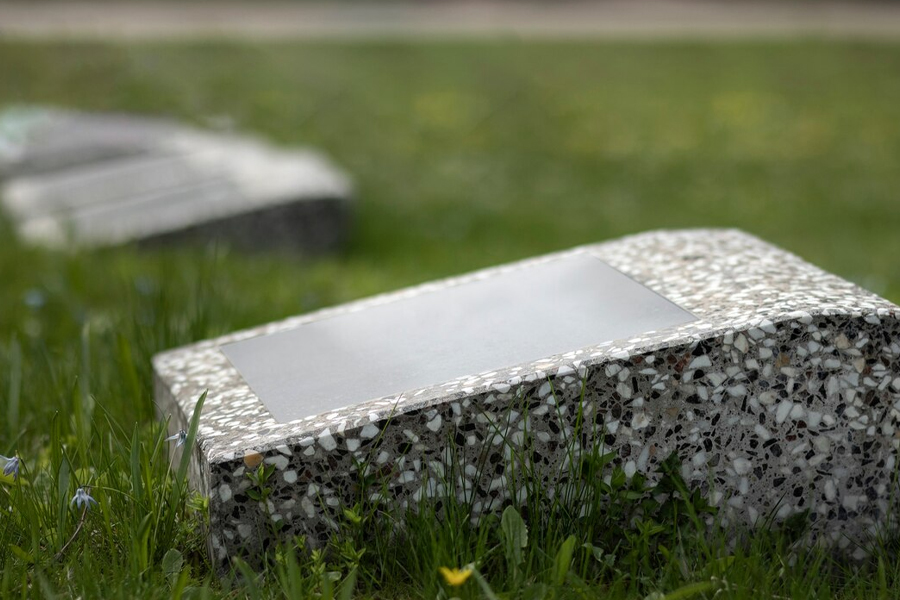Praise be to Allah
Summary: Women visiting graves is a matter with differing opinions among scholars. However, it is permissible if women adhere to proper Islamic conduct, such as avoiding wailing and maintaining hijab.
Detailed Answer:
Visiting graves is a significant practice in Islam as it reminds believers of the Hereafter and helps soften the heart. The practice is encouraged by the Prophet Muhammad (ﷺ) who said:
“I used to forbid you to visit graves, but now you should visit them, for it softens the heart, makes the eyes weep, and reminds you of the Hereafter”
(Sahih Muslim, Hadith No. 977).
The question of whether women can visit graves, however, has generated differing opinions among scholars. To understand the scope of this discussion, it is essential to distinguish between what is unanimously permitted, what is prohibited, and the areas with differing opinions.
Permissible Across the Board:
Attending Salatul Janazah (the funeral prayer) is unanimously permitted for women. The Prophet Muhammad (ﷺ) said:
“Whoever prays the Janazah prayer will have a reward equal to one Qirat (the size of Mount Uhud)”
(Sahih al-Bukhari, Hadith No. 1325).
Women are allowed to attend the funeral prayer in the mosque or any other place where it is held.
Prohibited Across the Board:
Niyaha (wailing) is strictly prohibited for both men and women. This involves loud expressions of grief, tearing clothes, and similar acts. The Prophet Muhammad (PBUH) said:
“The Prophet (ﷺ) cursed those who wail (niyaha)”
Sahih al-Bukhari, Hadith No. 1297).
This prohibition is crucial as it not only constitutes a sin but also can cause harm to the deceased.
The Area of Difference:
The practice of women visiting graves and following the funeral procession has differing opinions. A significant narration comes from Aisha (RA):
“She was returning from Al-Baqi’ (graveyard) and was asked, ‘Where are you coming from, O Mother of the Believers?’ She replied, ‘I visited my brother Abdur Rahman.’ She was then reminded that the Prophet (ﷺ). had prohibited women from visiting graves. Aisha (RA) responded that the Prophet (ﷺ) initially forbade visiting graves but later commanded it to remind of death”
(Sunan Ibn Majah, Hadith No. 1571).
This narration indicates a change in the ruling, making it permissible for women to visit graves provided they refrain from prohibited acts like wailing.
Relevant Hadith:
- “I used to forbid you to visit graves, but now you should visit them, for it softens the heart, makes the eyes weep, and reminds you of the Hereafter” (Sahih Muslim, Hadith No. 977).
- “Whoever introduces into this matter (Islam) something that is not from it, it will be rejected” (Sahih al-Bukhari, Hadith No. 2697; Sahih Muslim, Hadith No. 1718).
Explanation:
Some scholars differentiate between visiting graves and following the funeral procession. Um Atiyah (RA) narrated that:
“We were forbidden to accompany the Janazah, but not strictly”
(Sahih al-Bukhari, Hadith No. 1278).
This indicates a general discouragement rather than a strict prohibition. The reasoning includes concerns about the emotional distress and the possibility of engaging in prohibited mourning practices.
However, if women maintain proper conduct—avoiding wailing, observing hijab, and displaying patience—the majority view among scholars allows for visiting graves. A significant incident is narrated where the Prophet (PBUH) encountered a woman mourning her child’s death and advised her on patience without objecting to her presence at the graveyard (Sahih al-Bukhari, Hadith No. 1283).
Conclusion:
Women visiting graves is permissible if they adhere to Islamic etiquette, such as avoiding excessive mourning and maintaining modesty. This practice aligns with the purpose of visiting graves, which is to remind oneself of the Hereafter and maintain a soft heart.
And Allah Knows Best
Was this helpful?
Leave Your Comments
© Copyright 2025, All Rights Reserved

